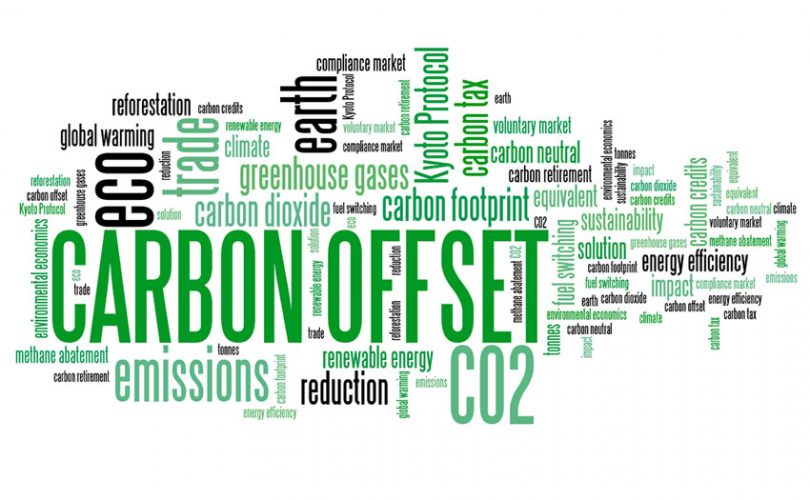Yesterday a group of cryptocurrency firms launched a tradable carbon token, Universal Carbon. The Universal Protocol Alliance (UP Alliance) is a coalition of several firms, including hardware wallet Ledger, cryptocurrency exchanges Uphold and Bittrex Global, and InfiniGold, which tokenizes gold held at the Perth Mint.
Each Universal Carbon token is backed by a Voluntary Carbon Unit (VCU), a digital certificate issued by standards body Verra. In this case, it represents one year-tonne of CO2 pollution prevented by tackling deforestation. In turn, the projects that have been certified are classified as UN REDD+ projects where REDD stands for ‘reducing emission from deforestation and forest degradation.”
We contacted Verra to verify whether it was consulted about the tokenization project but didn’t receive a response before publication.
“The projects we support through carbon credit purchases prevent deforestation in the Amazon, Congo Basin and Indonesia as well as other threatened rainforests,” said UP Alliance Chairman Matthew Le Merle.
He continued with typical blockchain enthusiasm. “This was a light bulb going on for me. Combine a digital asset with a rainforest carbon offset and give everyone in the world access. How could that not be a great idea?”
While well-intentioned, there are a few things that could go wrong.
What could go wrong?
One of our questions was how can one be sure that the carbon offset is only traded when linked to the token. In other words, how does one avoid double trading? Again we didn’t receive a response in time for publication.
Last year, the Financial Times wrote a damning report on the carbon offset sector. “While their motives may be admirable, this new gold rush could prove to be a dangerous delusion,” it says. Author Camilla Cavendish said purchasing an offset gives a sense of instant gratification, which is false given many projects’ long-term nature. She concludes, “Carbon offsetting is shaping up to be the greatest mis-selling scandal since the Dominican friar Johann Tetzel sold pardons to redeem the dead.”
Another issue is there have been problems with verification in the past. For example, a recent ProPublica report gives an example of a forest that started selling credits in 2013. Four years later, satellite imagery only showed half of the area was still forested.
Meanwhile, there are numerous blockchain activities around carbon offsets and tracking CO2 emissions. Here are just a few examples from the past three months.
The InterWork Alliance has a working group led by Accenture and Digital Asset focused on standardizing carbon credit tokens.
On the topic of deforestation, the world’s largest meatpacker, Brazilian JBS SA has launched a blockchain solution to track whether cattle farming contributes to deforestation.
UN-backed Green Chain plans to increase renewable energy use in manufacturing. And Porsche backed CarbonBlock provides the carbon footprint of manufactured parts and materials.






